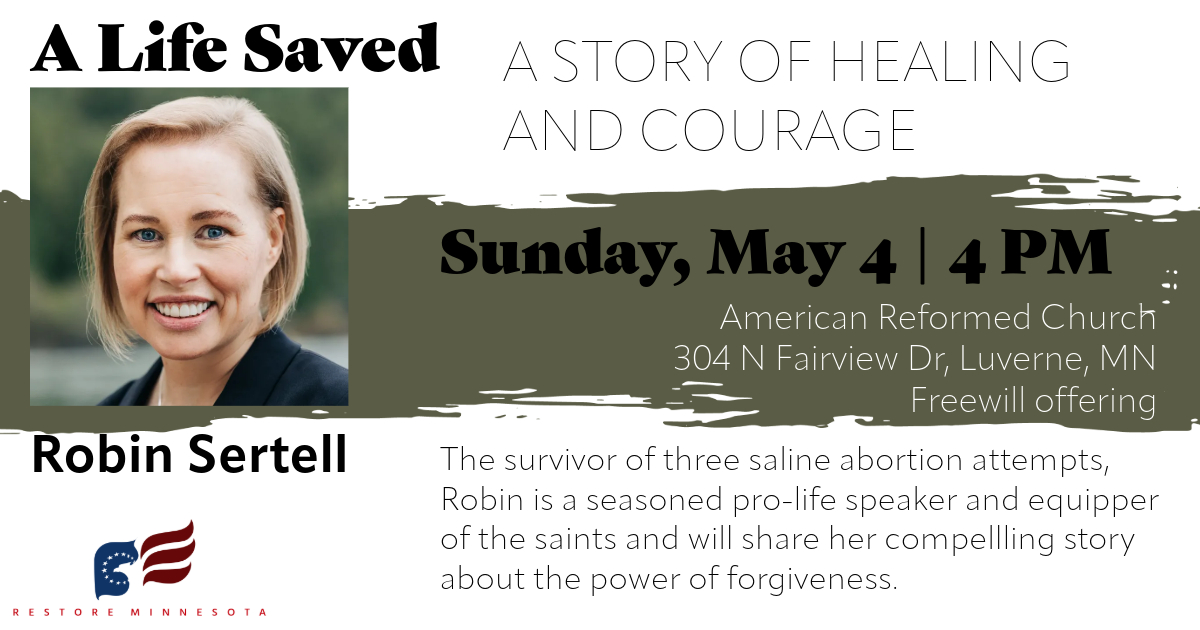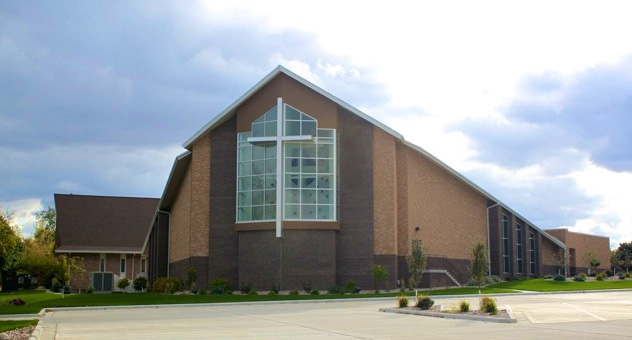I’m guessing some of you may have heard about the decision of the city council in Evanston, Illinois to pay reparations to black residents who have suffered housing discrimination. Because the black Americans who lived in that city from 1919-1969 were disadvantaged by racist housing decisions, the city council voted 8-1 to distribute $25,000 each to 16 eligible black households to use for home repairs or as a down payment on property. In order to be eligible to receive reparations, the family must have been living in Evanston from 1919 to 1969 and must have been a victim of discrimination in housing because of policies or practices in the city in that time. The funds to pay for the restitutions will come mostly from a new tax on legalized marijuana.
Although I don’t doubt that the black residents were treated unfairly, after reading the story, I wonder if in 50 years, will the marijuana smokers be eligible for reparations for being treated unfairly by the city council for having to pay for the reparations to those who were treated unfairly. Like how is it fair to treat someone unfairly to right a wrong that was committed by other people who acted unfairly? And why only 16 households? Is it fair that the rest of those who were discriminated against have to wait until more pot is smoked?
Well, of course this isn’t the only time someone was treated unfairly to provide reparations for those who had acted unfairly. There’s another such story told in Isaiah 53. Eugene Peterson paraphrases it in The Message and it goes like this: 1Who believes what we’ve heard and seen? Who would have thought God’s saving power would look like this?
2-6 The servant grew up before God—a scrawny seedling, a scrubby plant in a parched field. There was nothing attractive about him, nothing to cause us to take a second look. He was looked down on and passed over, a man who suffered, who knew pain firsthand. One look at him and people turned away. We looked down on him, thought he was scum. But the fact is, it was our pains he carried—our disfigurements, all the things wrong with us. We thought he brought it on himself, that God was punishing him for his own failures. But it was our sins that did that to him, that ripped and tore and crushed him—our sins! He took the punishment, and that made us whole. Through his bruises we get healed. We’re all like sheep who’ve wandered off and gotten lost. We’ve all done our own thing, gone our own way. And God has piled all our sins, everything we’ve done wrong, on him, on him [How is that fair?].
7-9 He was beaten, he was tortured, but he didn’t say a word. Like a lamb taken to be slaughtered and like a sheep being sheared, he took it all in silence. Justice miscarried, and he was led off—and did anyone really know what was happening? He died without a thought for his own welfare, beaten bloody for the sins of my people. They buried him with the wicked, threw him in a grave with a rich man, even though he’d never hurt a soul or said one word that wasn’t true.
10 Still, it’s what God had in mind all along, to crush him with pain. The plan was that he give himself as an offering for sin so that he’d see life come from it—life, life, and more life. And God’s plan will deeply prosper through him.
11-12 Out of that terrible travail of soul, he’ll see that it’s worth it and be glad he did it. Through what he experienced, my righteous one, my servant, will make many “righteous ones,” as he himself carries the burden of their sins. Therefore I’ll reward him extravagantly—the best of everything, the highest honors—Because he looked death in the face and didn’t flinch, because he embraced the company of the lowest. He took on his own shoulders the sin of the many, he took up the cause of all the black sheep [How unfair!].
May it not be so with you and me that we would ever complain about being treated too unfairly. But rather, may we meditate on how Father thought it was fair for his Son to pay the reparations for the injustices we commit.
Just as if I’d not sinned,
Mike Altena









